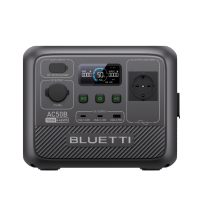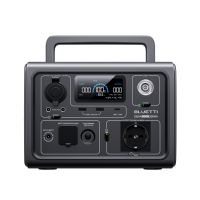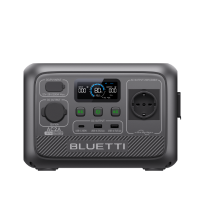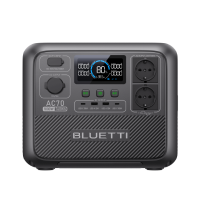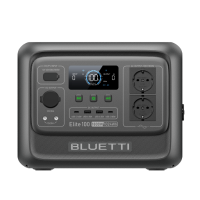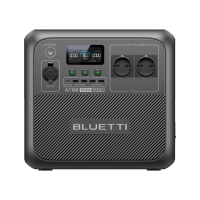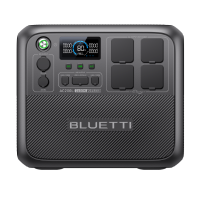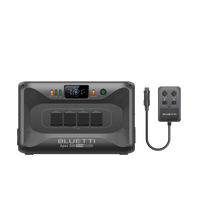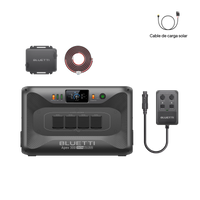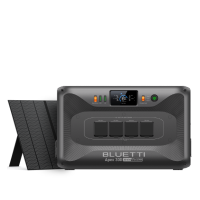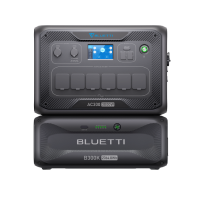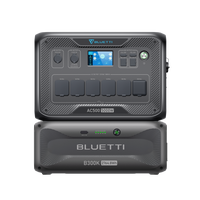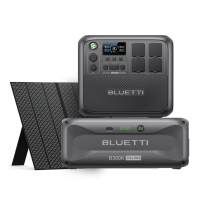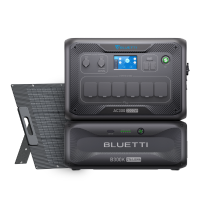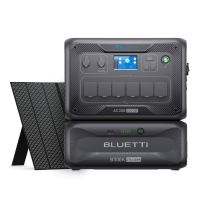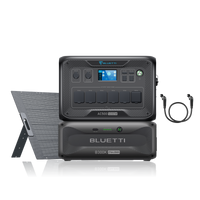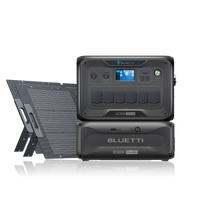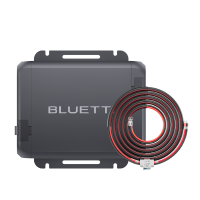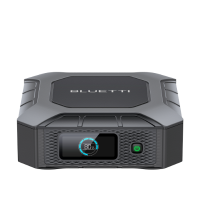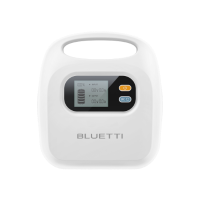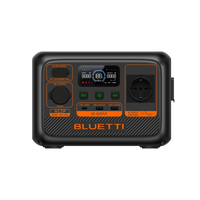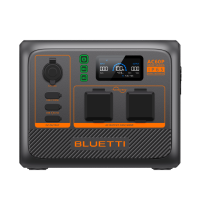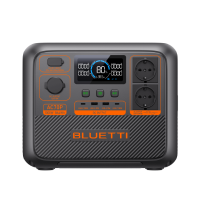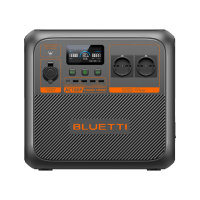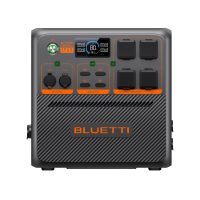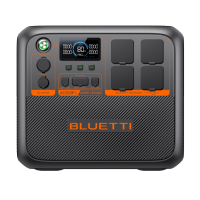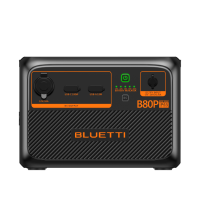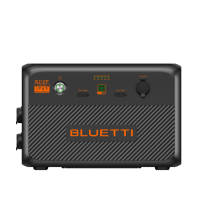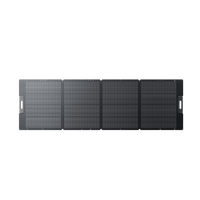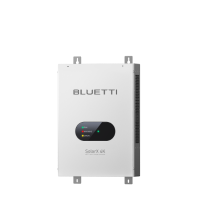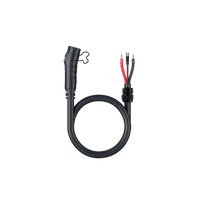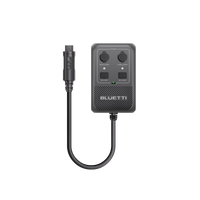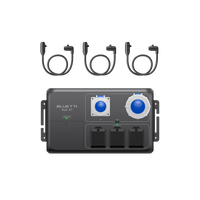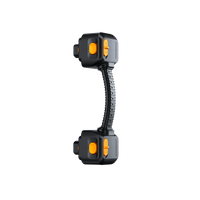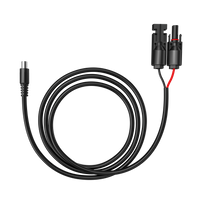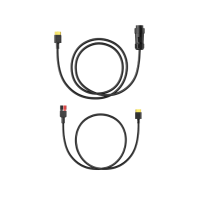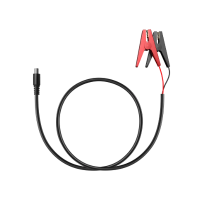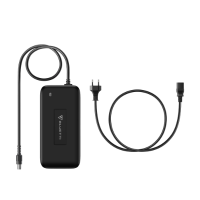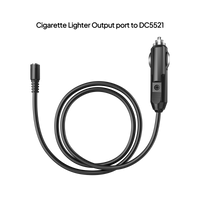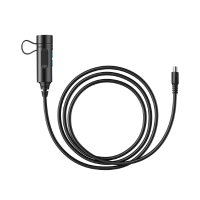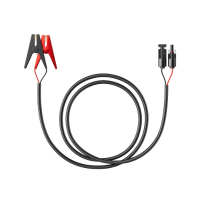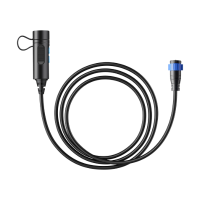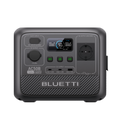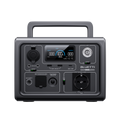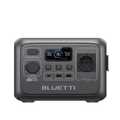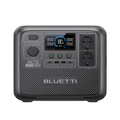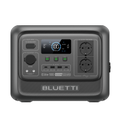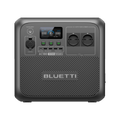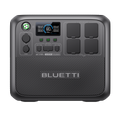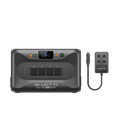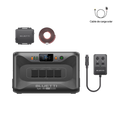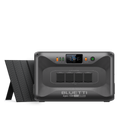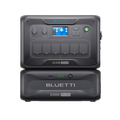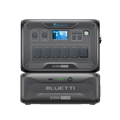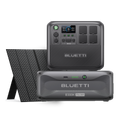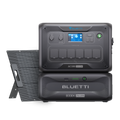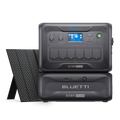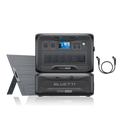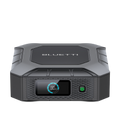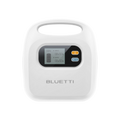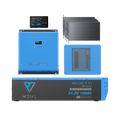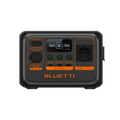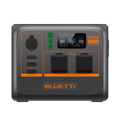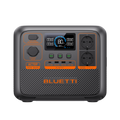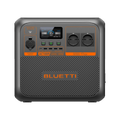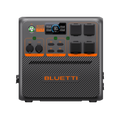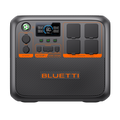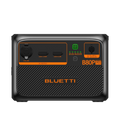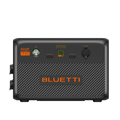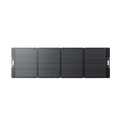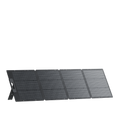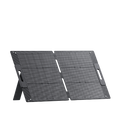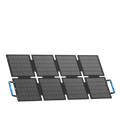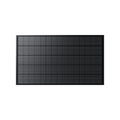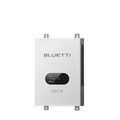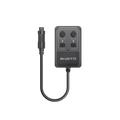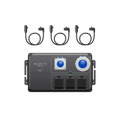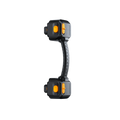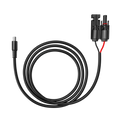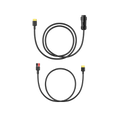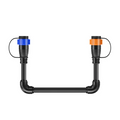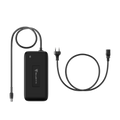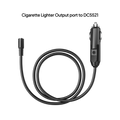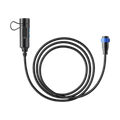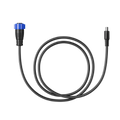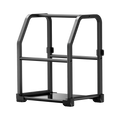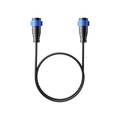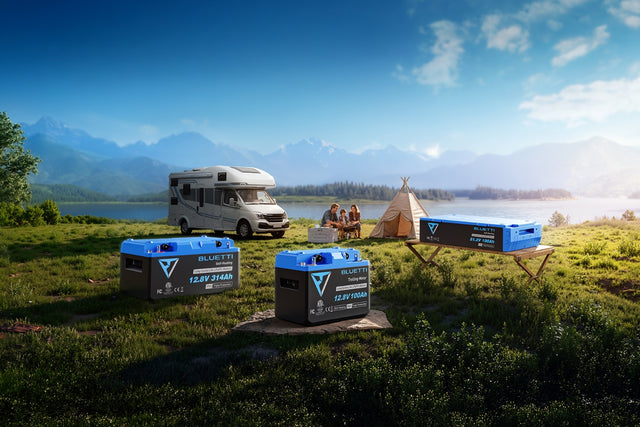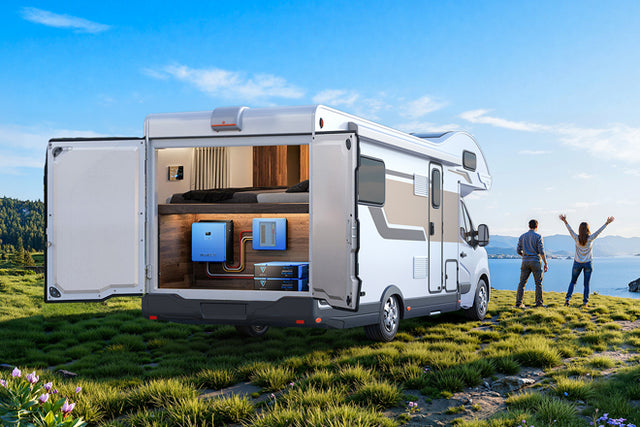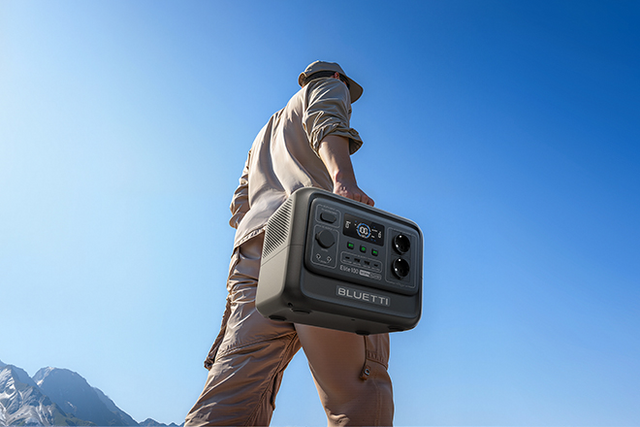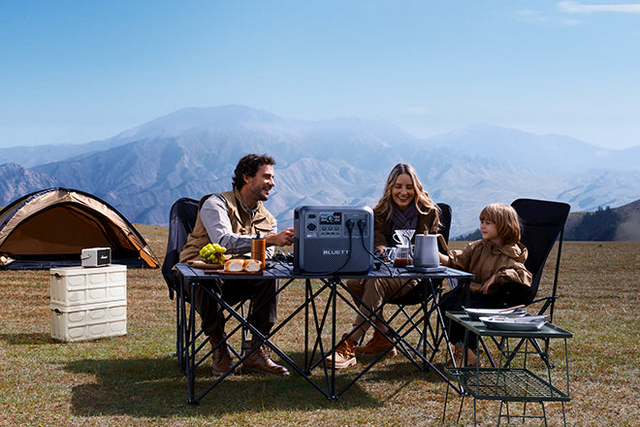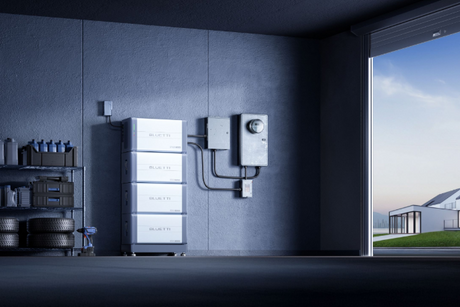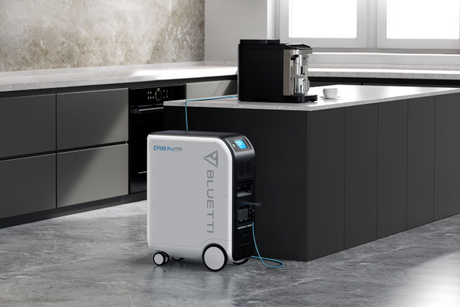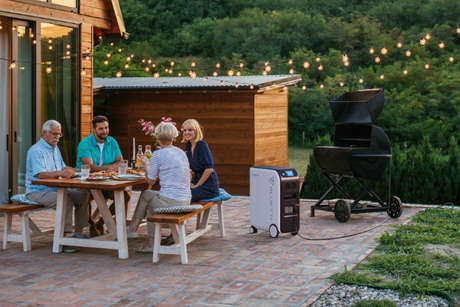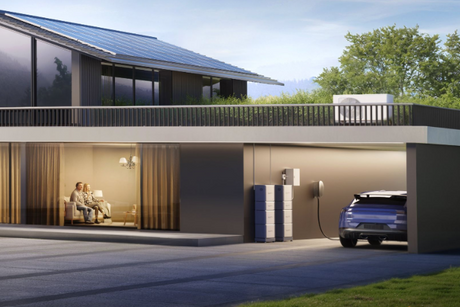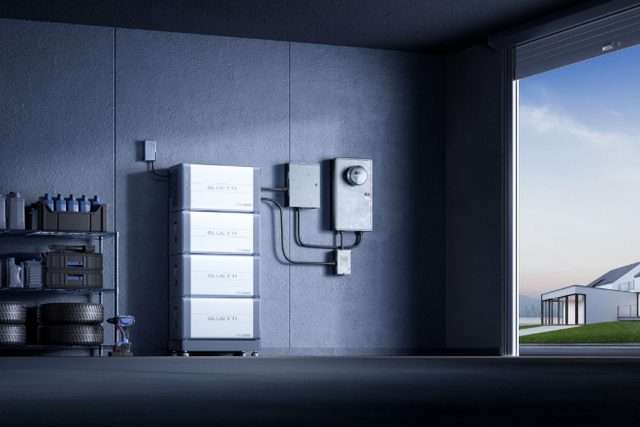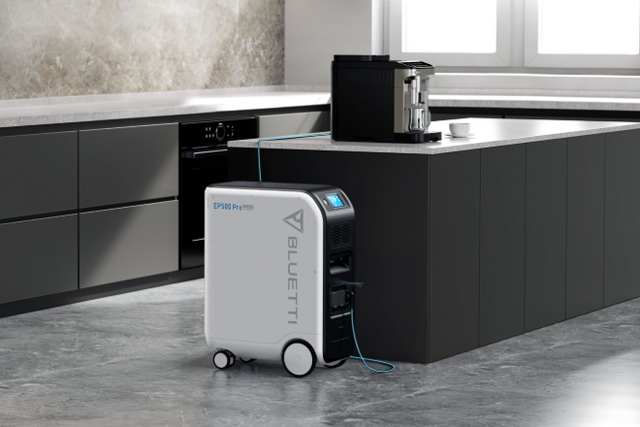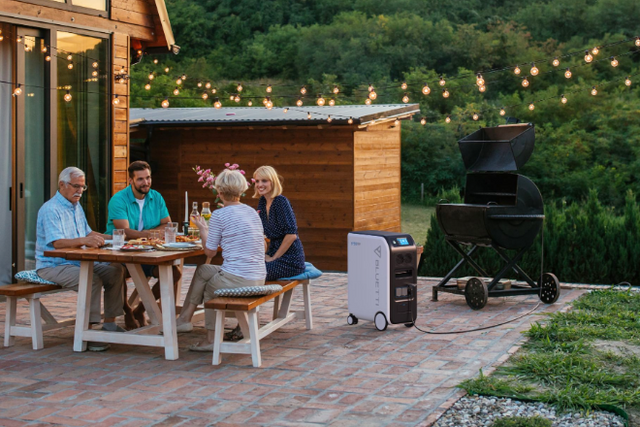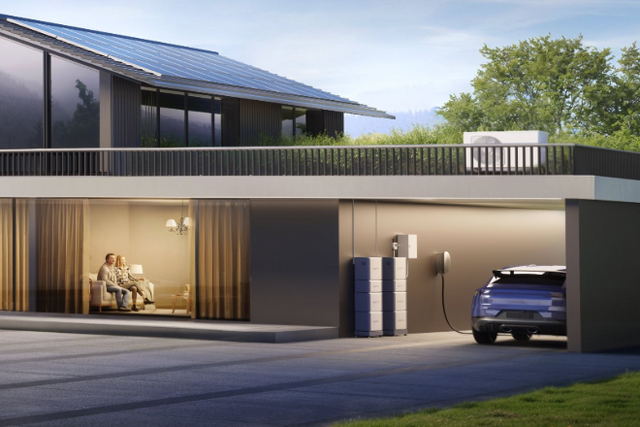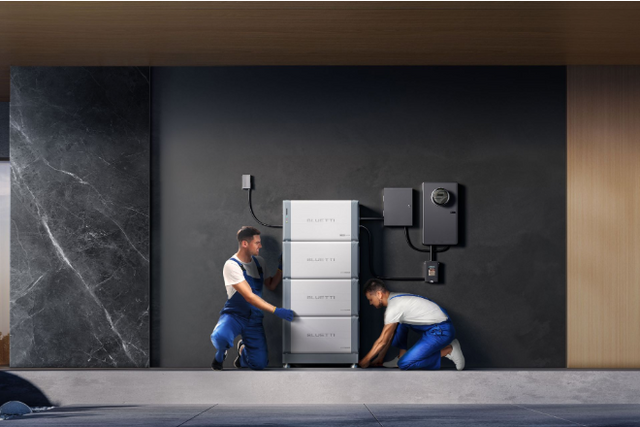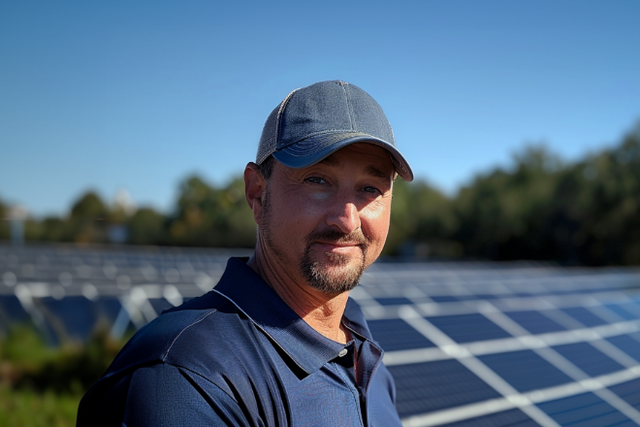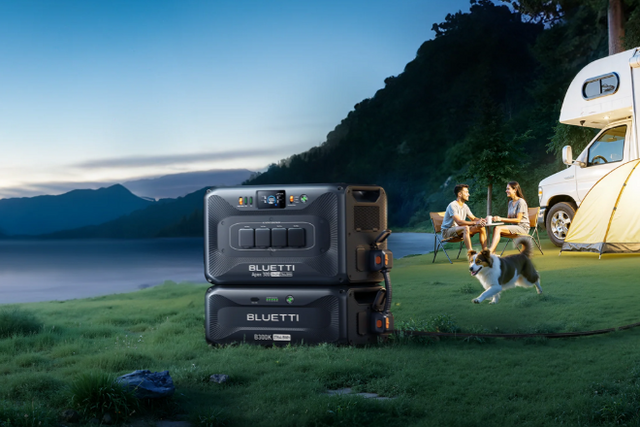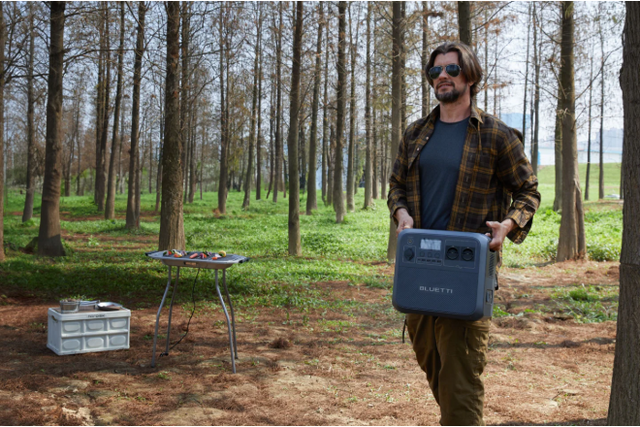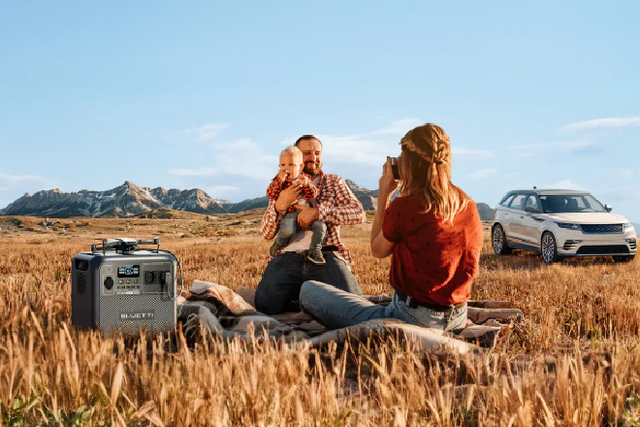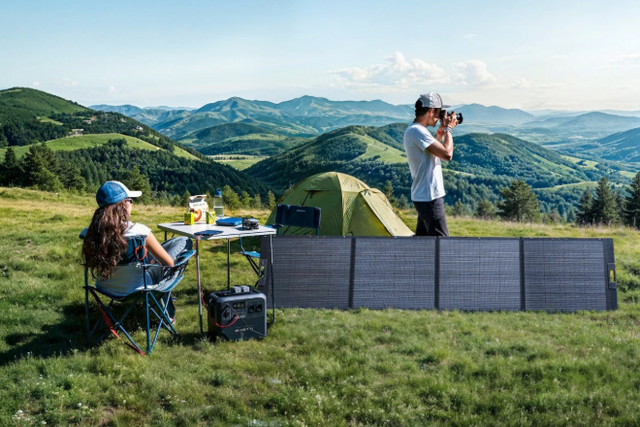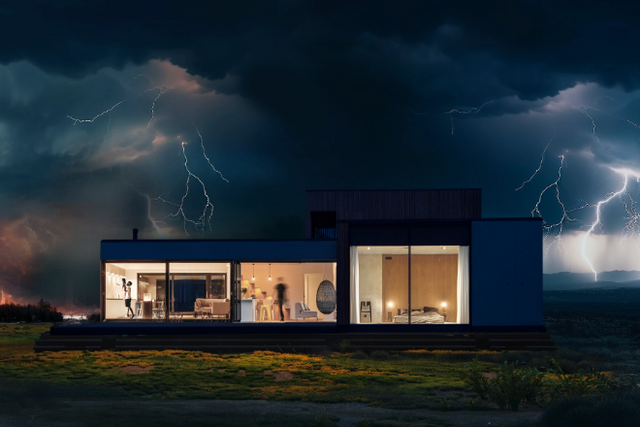How do solar panels work?
More and more people are interested in how solar panels work, their profitability and are considering it as an option to install in their home. In Spain we are lucky and it is that in most of our territory we enjoy long periods of sun during most of the year, but not only when it is a sunny day they generate energy the solar panels. That is why it is important to understand how solar panels work to finish making the decision to install them in our home.
What is the photovoltaic effect, the key to understanding how solar panels work.
In 1838 Alexandre-Edmond Becquerel, a French physicist, discovered the photovoltaic effect in the middle of an experiment in which he checked how the platinum electrodes of an electrolytic cell rose when hit by sunlight. It would not be until 1873 that a similar effect would not be discovered, but in solid materials, specifically selenium plates, discovered by Willoughby Smith who later drew the attention of William Grylls Adams and Richard Evans Day, creating the first prototype of what we know today. like a solar panel.
Over the years it has been perfected, with new elements and materials, making sunlight allow more energy to be generated in an efficient, ecological and renewable way. If you were wondering how solar panels work thanks to the photovoltaic effect, it's simple, they are made up of materials with a positive and negative charge in balance, when the photons of sunlight hit, they produce an imbalance, generating a voltage difference making that the electrons move in the places where there is this imbalance, thus creating a continuous current.

How do solar panels work when it is cloudy or in winter?
If you are wondering what will happen on cloudy, rainy or winter days, where the sunlight is not as direct as in summer, the answer is YES. Solar panels work even without direct light and that is because the photons pass through the clouds, yes, now that you know how solar panels work, you have to take into account that energy generated will be less than that of the sunniest days as a consequence of the fact that there are fewer photons generating energy.
Another very important thing when it comes to obtaining great energy performance from solar panels is their orientation, as it is another aspect to take into account to improve performance over time.
Solar panels for self-consumption
Now that you know how solar panels work, you are surely interested in knowing if you can install photovoltaic panels in your home, and you do not know if these are simply for large surfaces, or it is also viable in a case of self-consumption, and generate the energy that a home could have with solar panels.
More and more are disconnecting from the electricity grid and generate the necessary electricity for self-consumption with solar panels, and with a small installation we can generate electricity of an average home without the need to be connected to the public network.
Spain has great qualities as a generator of energy through sunlight, in fact it is estimated that is potentially the largest producer of solar electricity in Europe, with an irradiation between 1600 kW/m2 and 2000 kW/m2.
With these data on the table, and with the aid that the Spanish government is giving to new photovoltaic installations, both for professional use and for home use, the installation of solar panels for self-consumption is a very good investment to save on the electricity bill and support the environment.
Is it illegal to install solar panels?
No, it is not illegal to install solar panels, nor is it illegal to generate energy with solar panels for self-consumption. You are probably wondering if it is illegal as a result of the controversial sun tax law, which occurred in Spain between 2015 and 2018 and was not without controversy during the period it was in force. Even having been repealed, at the time it was not illegal to install solar panels either, however, its main drawback is that from installations of more than 10Kw a tax had to be paid for generating this electricity in its own way.
This was very controversial back in the day, which is why many people still consider installing solar panels illegal. But don't worry because it is completely legal to install solar panels in Spain.
In addition, there are more and more facilities for its installation, and among other novelties, it is possible to sell the excess energy generated to energy companies, thus allowing greater profitability, not only reducing the electricity rate but also generating surpluses.

How do portable solar panels work?
What if what I want is not to install solar panels, but to have a portable solar panel and generate that electricity from anywhere?
If you are wondering how portable solar panels work, we have the answer: making them flexible, lightweight and without the anchoring structure. With our portable solar panels and our power stations, you will be able to generate electricity wherever you go thanks to the innovative design of our solar panels and the excellent performance of the materials used to manufacture them.
The fact of being portable and foldable will also allow you to have the panels in the precise direction, thus increasing their performance, and avoiding the inclemencies of extreme bad weather, generally the greatest cause of damage in solar panel installations.
In the Bluetti store you will find the folding solar panels that best suit your needs. From a panel that generates 120W to 14000W packs, all of them foldable and portable, to take in your van, camping, or in that country house far from the electricity grid.
Shop products from this article
You May Also Like

¿Qué son las placas solares verticales?
Averigua todo sobre las placas solares verticales para espacios reducidos y climas extremos, capturando energía solar con eficiencia en paredes y fachadas.

Las ventanas solares: una innovadora solución para obtener energía verde
Descubre las ventanas solares, que combina la funcionalidad de las ventanas tradicionales con la capacidad de generar electricidad. Descubre cómo funcionan, sus ventajas y desventajas, y en qué casos son...

El ventilador con placa solar: un imprescindible en los hogares Eco-amigables
Refresca tu hogar de manera eco-amigable | Descubre cómo funciona un ventilador solar, una opción para hogares sostenibles durante el verano.



